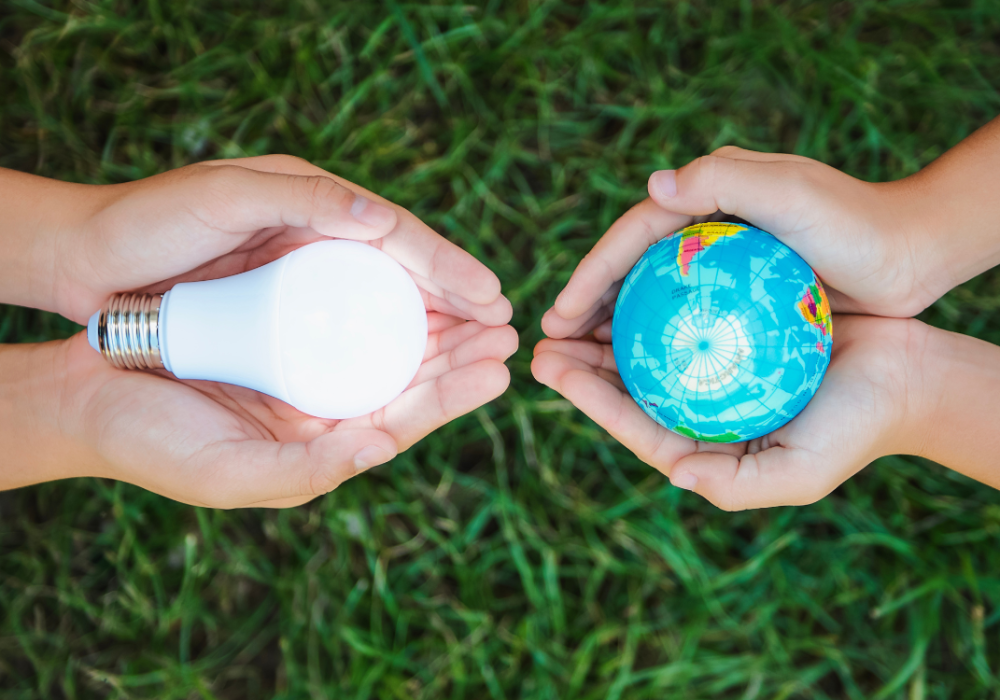Easy Ways to Reduce Energy Consumption
If you want to live an environmentally conscious life and reduce your energy consumption, the first step is to gain more insights into sustainable alternatives. Some of my favorite ways to reduce energy consumption include installing solar panels, changing my home and car, taking public transport, and walking more often. These tips will help you save money, reduce waste and save the environment.
1. Use a Programmable Thermostat
The first step of cleaning your pool is to vacuum out all debris left behind by leaves, dirt, and other such menaces. Make sure to check for any leaks at this time too! If you have chlorine tablets in your pool, pour them into a bucket with some hot water and let them soak until they dissolve completely. You can then use this solution to clean up any algae floating in your water.
Step 2: Use an Algaecide
A programmable thermostat allows you to set the temperature at which your home will operate and then turn down the air conditioning or heat when you’re not home. This is a great way to save money on your energy bill because it allows you to use less energy at peak times.
For example, if you’re away for the weekend, set your thermostat to 72 degrees so that your air conditioning doesn’t constantly run while you’re gone.
This will help save energy usage money while keeping your home comfortable enough so it doesn’t feel like an oven.


2. Turn Off Unused Lights
Light is a very important part of our lives. We depend on it for all sorts of activities, from reading to watching TV. If you look around your house, you will notice that there are lights on at all times — even when no one is around. These lights are not only wasting energy but also contribute to eye strain and headaches.
To reduce your energy consumption, one of the first things you should do is turn off unused lights. Even if they are not in use now, they could be used by someone else soon enough. It is also recommended that you keep your light bulbs in good condition so that they require little maintenance in the future.
3. Close the Shades at Night
The sun shining through your windows can be more than just a distraction from sleep; it can be dangerous. If you have children or pets, they may wander into bedrooms while awake and find themselves in danger of being hurt by falling objects or even tripping over cords and furniture.
To reduce this risk, consider closing all blinds or shades during daylight hours and opening them up again in darkness so that natural light can filter through your home without compromising safety or sleep quality for you or your loved ones.
4. Open the Drapes During the Day
A simple step that can greatly impact energy consumption is to open your drapes during the day. Drapes are often made from synthetic fabrics, which are less good at blocking heat than natural fabrics like cotton and linen. That’s why you should open them at least part of the time, even if you don’t need to block out the sun. You’ll also save money on cooling costs and reduce your carbon footprint!
5. Turn Off Appliances When Not in Use
Turning off appliances when not in use can help save energy and money. Many appliances we use daily are optional to be on at all times, such as the refrigerator or stove. By turning them off when they are not being used, you can save money by not using electricity and gas to keep them running.
This is especially important for large appliances like refrigerators and freezers that require a lot of power to operate but only need it sometimes. If you have a large refrigerator or freezer, consider buying an energy-efficient model with an automatic timer that turns it off when it’s not in use.
6. Install Insulation in Your Attic or Basement
stalling insulation in your attic or basement can dramatically reduce energy consumption. The first step is to identify where you need the most insulation. If your attic is already insulated, you can save money by insulating other areas of your home with spray foam or cellulose. If you need help deciding, you can make an informed decision about whether to invest in insulation by considering factors like your roof’s slope and whether it is a wood-frame house.
7. Water Your Lawn With a Sprinkler System
Watering your lawn with a sprinkler system saves water and money. It also keeps the grass greener, healthier, and more attractive to wildlife.
A sprinkler system can be set up in the yard or on the porch, deck, or patio. The water is directed at the grass to help keep it moist and prevent it from drying. The system also keeps weeds down so they don’t compete with your lawn for water.
You can purchase a whole sprinkler system or install a few individual sprinklers around your home. You may choose a manual system rather than an automatic one that’s hardwired into your electricity supply — this way; you’ll still have control over how much water goes where you want it to go.
The Bottom Line
General International Group offers full-suite energy saving solutions to businesses across the globe. Our experience, knowledge, and expertise enable us to provide the most appropriate solutions for your business. Our solutions are designed to meet or exceed your business needs, not just save money by wasting energy.
Our key focus is on providing cost-effective, sustainable energy solutions to our clients within the hospitality industry. Our team is highly skilled in installing and maintaining cutting-edge equipment and systems which will help reduce costs and increase productivity in your business.

